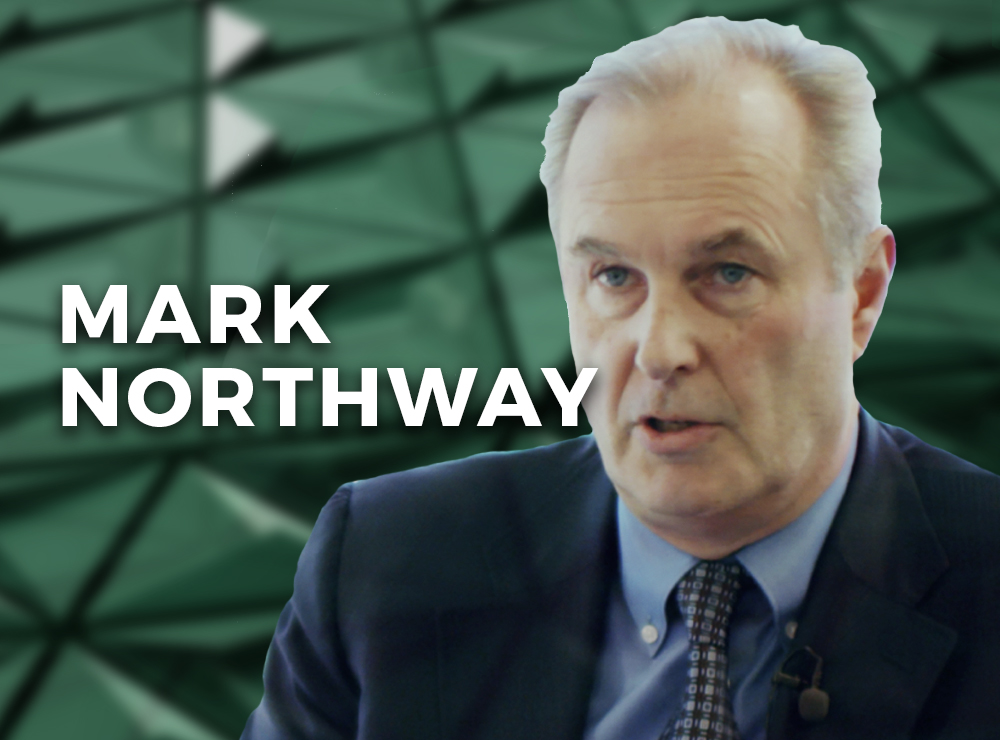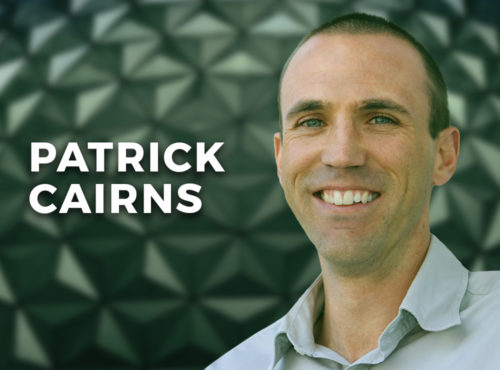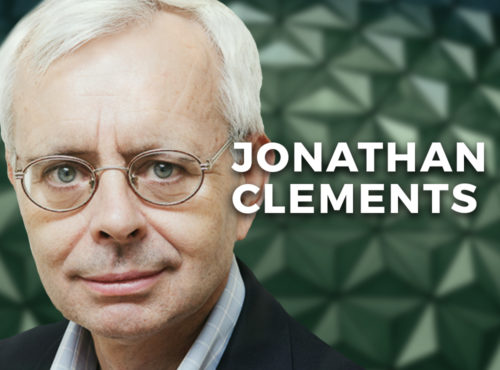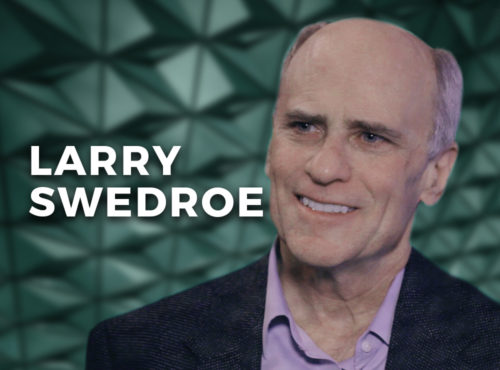
By MARK NORTHWAY from Sparrows Capital
Coming off the back of a great year for markets in 2019, we have seen a disastrous start to 2020. Who would have thought we would find ourselves in the midst of a global pandemic affecting all asset classes globally across developed, emerging and frontier markets?
Throw into the mix a row over oil production between OPEC and Russia, lockdown within cities and disruption of global supply lines, and it’s no surprise that Q1 2020 saw one of the biggest market declines in history.
Equity markets peaked around 19 February and then fell globally after the World Health Organisation substantially revised its assessment of the risks of COVID-19 transmission and infection. Market falls accelerated rapidly in March, with the greatest declines and market volatility seen over the short period between March 9 to March 24 as global recessionary risks were priced in.
Diversification worked again
The S&P500 and MSCI Europe-Ex UK fell 20% over the quarter in local currency terms. But, much more importantly for UK investors, the MSCI all world country index fell by only 16% in sterling terms while the FTSE all share declined by 24%.
Defensive assets including sovereign bonds and gold experienced a flight to quality as seen in previous global crises. UK government bonds rose by 6.8% across the quarter. The SPDR Gold ETF finished up 11.1% in sterling terms.
Overall, our own ETF medium risk sterling model portfolio is down 7.71% for the quarter after fees.
Not pretty for active funds
Initial indications are that active management hasn’t performed well through the volatility. Initial peer group performance estimates for sterling denominated, medium-risk managed portfolios ranged from minus 11.5% to minus 15%. Even the top quartile underperformed the market. We’ll need to wait to see how the final numbers look, but it’s not going to be pretty.
Some of this underperformance is down to a combination of UK bias and currency management (sterling underperformed the dollar in Q1, flattering unhedged and unbiased global benchmarks, and overexposure to the FTSE was particularly painful). But this will undoubtedly have been exacerbated by active intervention in an illiquid and volatile market. As always, the initial de-risking decision is easy; more difficult is sticking to that decision and/ or timing re-entry into a whipsaw market.
At Sparrows Capital we have seen a surprising difference in the performance of index fund portfolios versus an index fund/ ETF mix, highlighting the greater product quality and choice available in the ETF market. The performance difference results directly from the dearth of suitable factor-based instruments in the index fund space. We have also seen our socially responsible portfolios outperform the factor based portfolios in Q1, a by-product of excluding corporate credit and skewing towards large cap equities.
Our best risk performers have been our single factor ETF exposures to low volatility (iShares MINV.LN, down 9.2% in Q1) and momentum (iShares IWFM.LN, down 7.5% in Q1).
Contrarian, rules-based approach
Liquidity has been an issue in Q1 and we have seen both discounts to NAV and wide bid/offer spreads, particularly for fixed income ETFs and specialist equity strategies (small caps, emerging markets) reflecting the lack of liquidity in the underlying assets. Our rule-based approach has meant that our trades are naturally contrarian — we buy into falling markets and sell into rising markets. This has made Sparrows Capital’s clients natural beneficiaries of price dislocations. We rebalanced all of our client portfolios during the quarter.
Many spectators have been waiting for a proper market test of index funds and ETFs. We feel that the instruments have passed that test with flying colours.
The author is Investment Manager at Sparrows Capital and chairman of ShareSoc, the UK Individual Shareholders Society. Based in London, Sparrows is a pioneer of capped-fee evidence-based model portfolios for financial advisers and is one of two strategic partners of TEBI’s in the UK.















